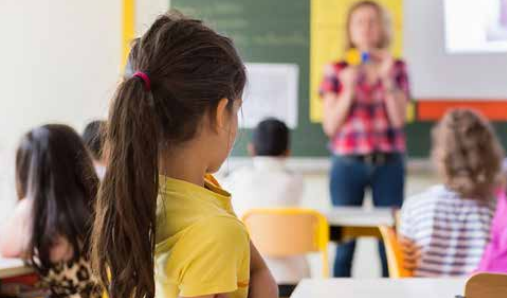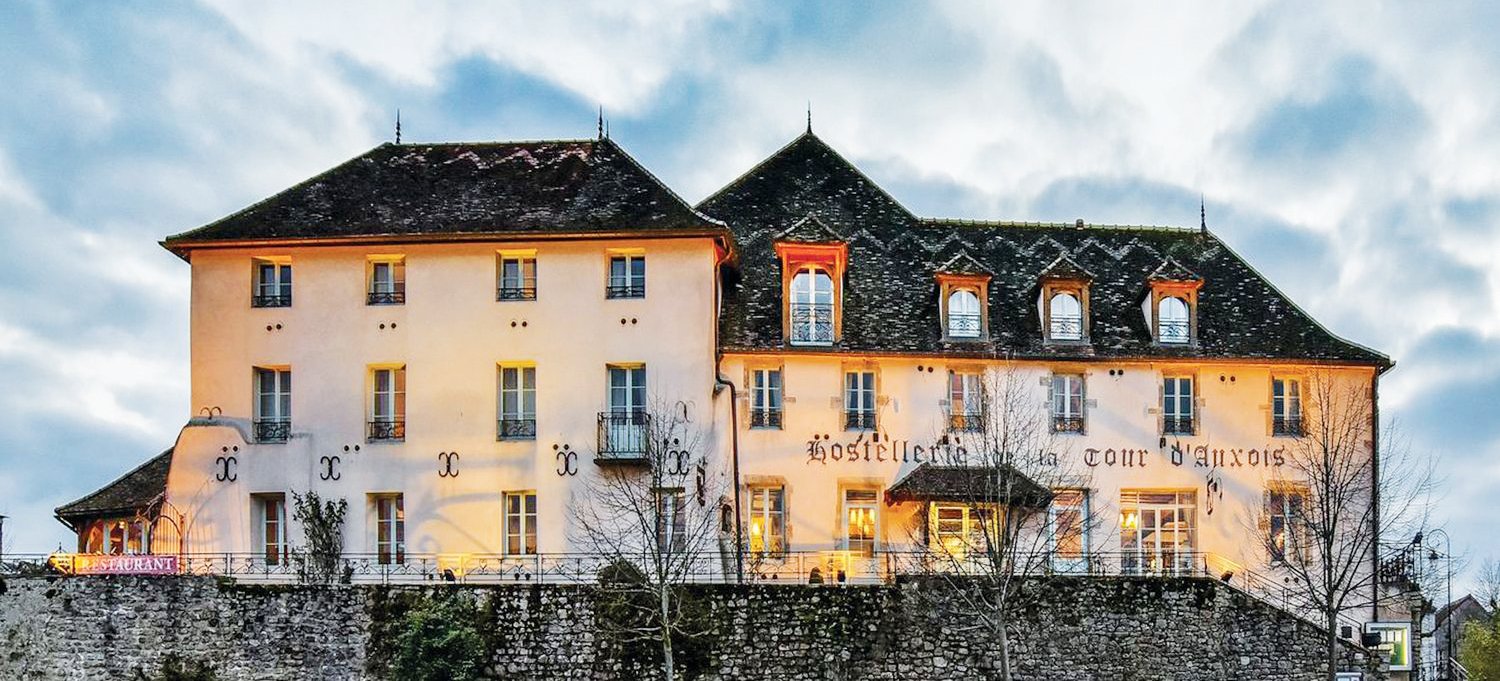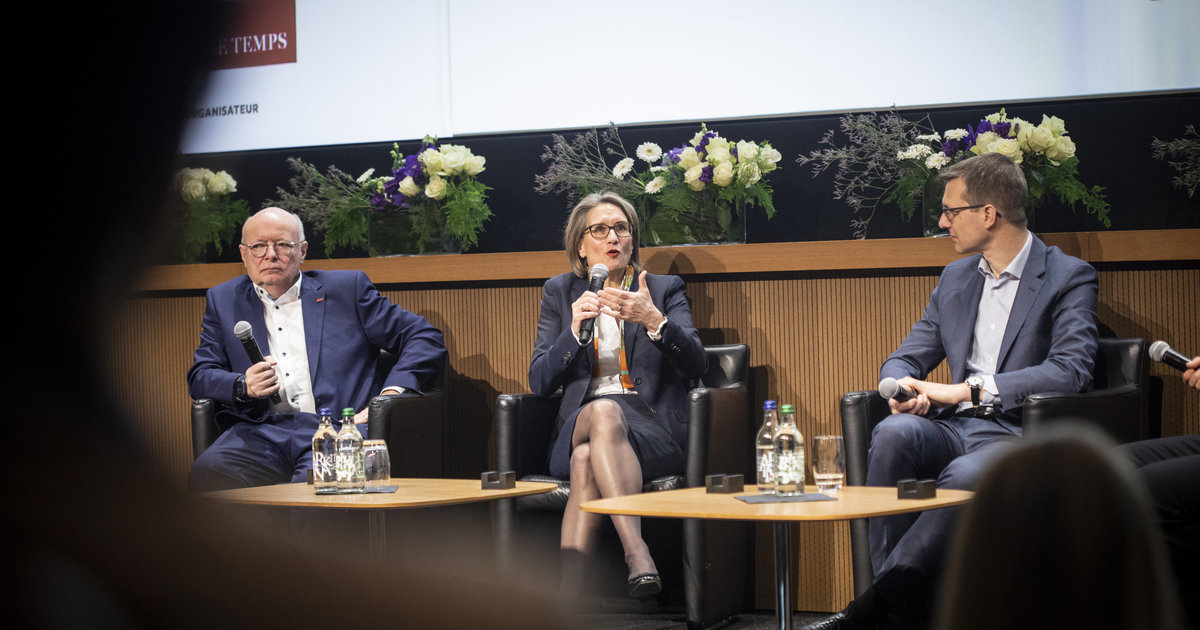the nice jackpot for schools
THEThe new opinion of the Competition Council on private school education is a mine of information. The recent document has the merit of making public data little known to the general public on a key sector for the future of the country. The opinion of the entity headed by Ahmed Rahhou highlights, based on statistics for the 2019-2020 school year, that the private school education market includes 6,922 schools. These achieved a turnover equal to 19.8 billion DH in 2018. And in the register of the tax contribution, the tax payments of private schools exceeded one billion dirhams in 2018.
The other characteristic revealed in the new document, and not the least, is that in terms of geographical location, the market for private school education is marked by high concentration. As proof, out of the twelve regions of the Kingdom, three of them capture 60.28% of the total number of schools. The three regions in question are Casablanca-Settat, RabatSalé-Kénitra and Fès-Meknes. They account for 62% of all students enrolled in private schools. The new publication also gives a better overview of the ecosystem of schools subject to the foreign system. In Morocco, there are 54 establishments adopting a foreign mode of education, including 32 subject to the French system, 11 to the Spanish system, 5 to the American system, 4 to the British system and 3 to the Belgian system.
A market characterized by duality
The Conseil de la concurrence’s opinion brought forward two types of private education market, aimed at achieving the same objective and meeting the needs of the same recipient, in this case the consumer. The first type concerns the private school education market under the national system. “The performance of establishments operating there is based on a purely economic logic which is subject to competition law, and the costs of their services are in accordance with the law of supply and demand. And this, replacing public schools that offer their services free of charge and are excluded from competition in this market, the same source informs.
The second type relates to the education market based on a foreign system. The services are offered there by foreign establishments present in Morocco or by Moroccan establishments carrying out their activity by virtue of an exemption issued by the Ministry of National Education and an approval by a teaching agency abroad. . Still on the subject of education based on a foreign system, the Council document explains that these are paid services enjoying significant appeal among the upper and upper middle classes of society.
And to make it known in substance that: “Annual tuition fees in private schools vary between 4,000 and 40,000 DH, while those of foreign establishments range from 16,500 to 140,000 DH annually”. In the end, there are in principle bridges to pass in one direction or the other, from the national education system to foreign systems. However, the reality would be quite different because of a certain number of obstacles causing the decisions or the will of the families to modify the school course of their children.
What about recommendations?
Beyond the observation and diagnosis, the Competition Council has issued a series of recommendations aimed at improving conditions of competition in the private school education market. It is worth mentioning, between, the development of a new contractual framework defining the objectives and responsibilities, the revision of the legal framework, the establishment of mechanisms capable of strengthening the competitive dynamic and the development by the State of measures allowing families to access the services offered on the private school education market.




